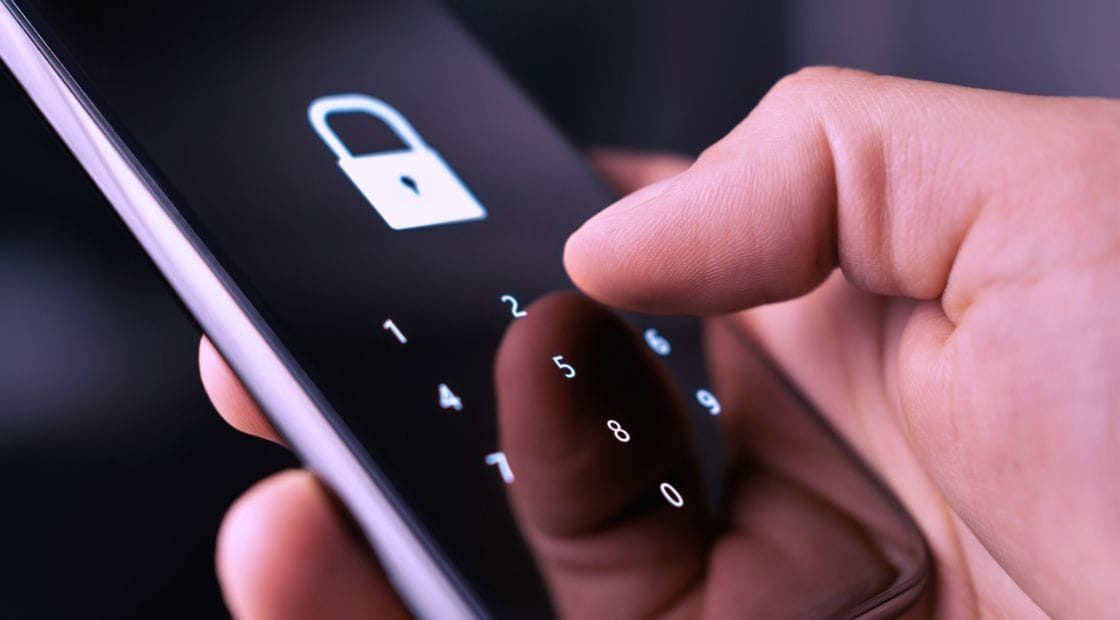Security Briefing: Failed custodians — where are they now?
It feels like forever since FTX and other custodians went under. Have we learned anything?
Specter of custodial failures looms over bitcoin market

Can you believe bitcoin was $15k not even two years ago? The crypto credit crunch of 2022 and other custodial flubs can seem like ancient history when bitcoin is hovering close to the previous all-time high.
Meanwhile, several prominent industry figures are paying a different price and working their way through the justice system:
- Former FTX CEO Sam Bankman-Fried is sharing a jail cell with Diddy while the rapper awaits trial. Bankman-Fried was sentenced to 25 years in jail in March.
- Caroline Ellison, former CEO of FTX sister firm Alameda Research, was sentenced Tuesday to 24 months in prison.
- Former Celsius CEO Alex Mashinsky's trial was recently postponed to April.
Other leaders have simply moved onto other things. Scott Purcell, the founder of ill-fated custodians Prime Trust and Fortress Trust has started another startup reportedly unrelated to crypto.
Mark Karpeles, the former CEO of Mt. Gox, the OG of bitcoin custodial failures from a decade ago, is reportedly forming a new European exchange called EllipX.
🔑 Key Insight: Companies and CEOs come and go, but the theme of custodial risk remains the same. Many thought we'd never see a collapse like Mt. Gox ever again. Then, FTX blew up. Has the industry changed for good now? We'll keep our self-custody in the meantime.

Think twice before handing your phone to authorities

It's official: smartphones have taken over just about everything. Unless you've been living deeply off-grid for the last decade, your phone has likely become the primary portal for your daily life.
Whereas you may have carried a phone and a wallet in the past, phones are replacing wallets with features like Apple Pay and new digital ID programs governments are unveiling worldwide. The idea is you can carry a digital credential instead of a physical driver's license or similar proof.
But should you hand over your phone to police like you would with a physical ID? Not unless it's required by law. Someone can do a lot if they have unlocked access to your phone, whether it's going through photos, reading your messages, or probing mobile wallets.
🔑 Key Insight: Civil liberties vary a lot across jurisdictions, so it's worth knowing your rights wherever you are. In the U.S., police typically need a warrant to search phones. The Verge has other interesting analysis here.
Listen: Securing against human nature with Jameson Lopp
How can we architect systems that honor and preserve human freedom? This is at the crux of Jameson's lifelong quest as a cypherpunk.
Today, that goal is being tested on many fronts, whether it's bitcoin held with custodians or privacy at the individual level. Jameson recently tackled these subjects on the Logos Podcast for a wide-ranging discussion.
💡Security tip: Did you know you can use a YubiKey to secure your Apple ID or Google account? This provides you with a much more robust form of 2FA than SMS messages. Here are setup instructions for Apple and Google devices.
Stay current on your security with email updates
Bitcoin security is constantly changing. Our weekly Security Briefing can help you stay in the know on security, bitcoin, and other assets. Sign up for free and get future editions delivered straight to your inbox.

